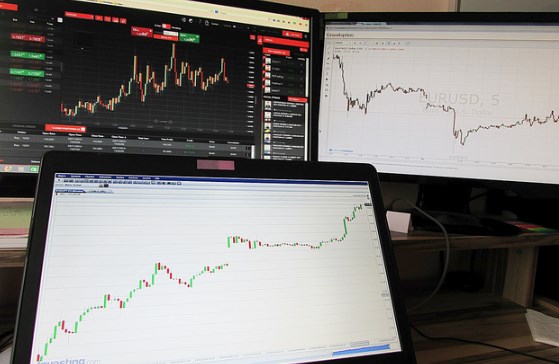Forex trading is an exciting and potentially lucrative endeavor. However, it can also be risky, particularly if you engage in overtrading. Overtrading is a common problem in the forex market, and it can lead to significant losses for traders. In this article, we will explore what causes overtrading and provide some tips on how to avoid it.

What causes overtrading?
Overtrading occurs when a trader makes too many trades, often without any particular strategy or plan in place. It can be caused by a variety of factors, including:
- Emotions: One of the most common causes of overtrading is emotional trading. Traders may get caught up in the excitement of the market, leading them to make impulsive trades without considering the potential risks and rewards.
- Addiction: Forex trading can be addictive, particularly for traders who experience success early on. Traders may feel the need to keep trading to maintain their winning streak, even if it means taking unnecessary risks.
- Lack of discipline: Successful forex trading requires discipline and patience. Traders who lack discipline may find it difficult to stick to their trading plan, leading them to make trades outside of their strategy.
- FOMO (Fear Of Missing Out): FOMO is a powerful motivator, and it can lead traders to make trades simply because they don’t want to miss out on potential profits.
How to avoid overtrading
If you’re a forex trader, it’s important to recognize the signs of overtrading and take steps to avoid it. Here are some tips to help you avoid overtrading:
- Have a trading plan: A solid trading plan is essential for successful forex trading. It should include clear entry and exit points, as well as risk management strategies. Stick to your trading plan and avoid making impulsive trades.
- Set realistic goals: Set realistic goals for your trading and stick to them. Don’t try to make up for losses by taking unnecessary risks or making too many trades.
- Take breaks: Forex trading can be stressful, and it’s important to take breaks to avoid burnout. Step away from the computer and take a walk, read a book or engage in other relaxing activities.
- Manage your emotions: Emotions can be a powerful force in forex trading. Learn to manage your emotions and avoid making impulsive trades based on fear or greed.
- Use risk management tools: Use risk management tools such as stop-loss orders to limit your losses and protect your trading account.
- Learn from your mistakes: No one is perfect, and mistakes are a part of forex trading. Learn from your mistakes and use them as an opportunity to improve your trading strategy.
Conclusion
Overtrading is a common problem in forex trading, and it can lead to significant losses for traders. By understanding the causes of overtrading and taking steps to avoid it, traders can improve their chances of success in the forex market. Stick to your trading plan, manage your emotions, and use risk management tools to protect your trading account. With discipline and patience, you can become a successful forex trader.
